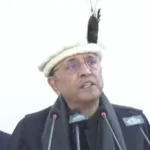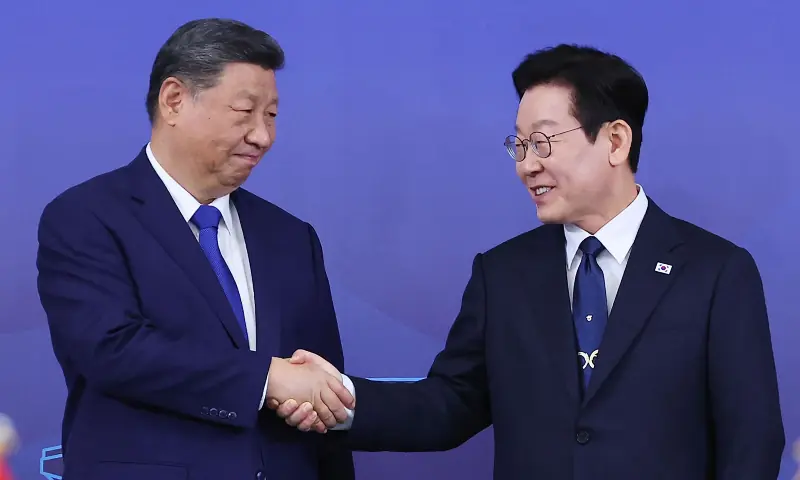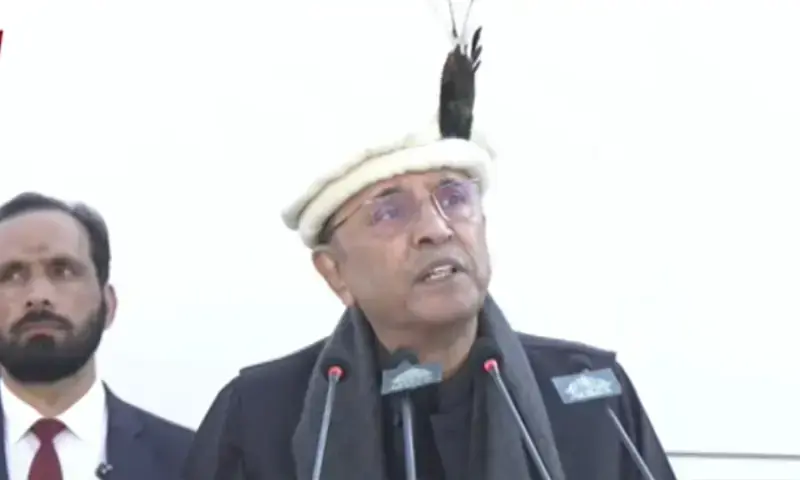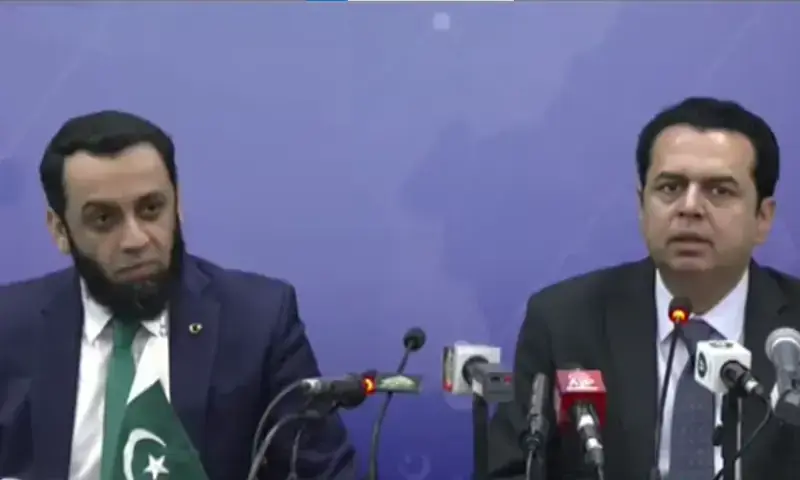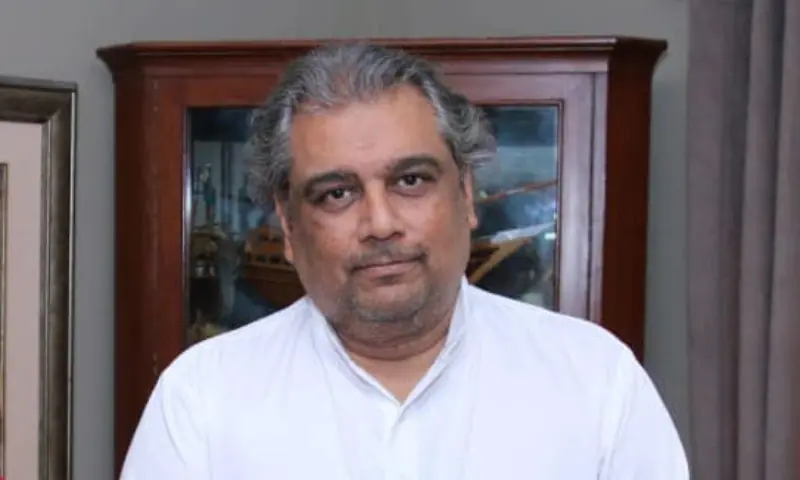Chinese President Xi Jinping took center stage at an Asia-Pacific Economic Cooperation (Apec) meeting on Saturday to push a proposal for a global body to govern artificial intelligence and position China as an alternative to the United States on trade cooperation.
Apec is a consultative forum of 21 nations representing half of world trade, including the United States, China, Russia and Japan. The summit, hosted by South Korea this year, unfolded under the shadow of rising geopolitical tensions and aggressive economic strategies (ranging from US tariffs to China’s export controls) that have put pressure on global trade.
Xi’s comments were the first by the Chinese leader on an initiative Beijing unveiled this year, while the United States has rejected efforts to regulate AI in international bodies.
Xi said a Global Artificial Intelligence Cooperation Organization could establish governance rules and boost cooperation, making AI a “public good for the international community.”
In statements published by the official news agency Xinhua“Artificial intelligence is of great significance for future development and should be realized for the benefit of people in all countries and regions,” Xi added.
Chinese officials have said the organization could be based in the commercial hub of Shanghai.
US President Donald Trump did not attend the Apec leaders’ summit in the South Korean city of Gyeongju and flew back to Washington immediately after a meeting with Xi.
The two leaders’ talks resulted in a year-long agreement to partially roll back trade and technology controls that had increased tension between the world’s two largest economies.
In Trump’s absence, analysts expected Xi to use the Apec meeting to promote China as a champion of its own brand of multilateral cooperation on trade and economic development.
While advanced chips made by California-based Nvidia are critical to the rise of AI, China-based developer DeepSeek has launched lower-cost models adopted by Beijing in a push for what it calls “algorithmic sovereignty.”
Xi also urged Apec to promote the “free circulation” of green technologies, a group of industries ranging from batteries to solar panels that China dominates.
APEC leaders call for shared trade benefits
Faced with deepening fractures in the global trade order, Asia-Pacific leaders adopted a joint statement that emphasized the need for resilience and shared benefits in trade at the end of the annual Apec summit.
While Trump did not attend the summit, Washington’s views were still laid out in the statement, analysts said, which, unlike last year’s document, made no mention of multilateralism or the World Trade Organization (WTO).
“It is a result of member countries recognizing, at least to some extent, that it will be difficult to restore a free trade order based on multilateralism and the World Trade Organization,” said Heo Yoon, a professor of international trade at Seoul’s Sogang University.
“We can no longer deny that there is a paradigm shift in the global trade order,” Heo added.
With Trump’s swift departure ahead of the leaders’ summit, China positioned itself as a strong supporter of free and open trade, a role the United States has dominated for decades.
However, Heo and analysts say the joint statement suggests member countries were wary of giving the impression that the United States was undermining free trade while presenting China as a guardian of multilateralism.
“Few countries believe that there can be a new trade order that excludes the United States,” he said.
Xi announced that China will host the 2026 Apec summit in Shenzhen, a major manufacturing hub, from robotics to electric car production.
Xi said the city of nearly 18 million people had been a fishing village until it blossomed into one of China’s first special economic zones in the 1980s.
South Korea seeks China’s help to “resume dialogue” with the North
Separately, South Korean President Lee Jae Myung urged Xi to help Seoul “restart dialogue” with North Korea when they met for their first summit.
“I hope South Korea and China will strengthen strategic communication… and work together to resume dialogue with the North,” Lee told Xi, according to his office.
Lee stressed the need for “stability” in the region and highlighted “recent high-level exchanges between China and North Korea,” referring to leader Kim Jong Un’s recent attendance at a major military parade in Beijing.
Those meetings, Lee said, “are helping to create conditions for renewed engagement with Pyongyang.”
China and South Korea also signed seven agreements, including a bilateral currency swap, South Korea’s presidential office said in a statement.
Seoul has long walked a fine line between its main trading partner, China, and the United States, the South’s main defense guarantor.
Lee told Xi that economic relations were evolving from “a vertical structure of economic cooperation to a more horizontal and mutually beneficial one.”
“We must work together to build a relationship that generates shared prosperity,” he said.
Additional information from AFP


